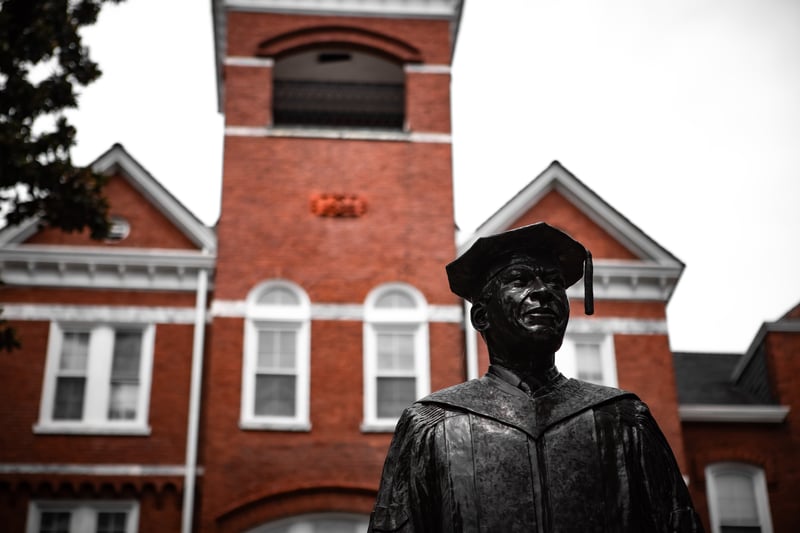- About
- Academics
- Admissions & Aid
- Life
- Research
- News & Events
Attorney-Client Privilege AT MOREHOUSE COLLEGE
As a distinguished institution committed to fostering leadership, excellence. It is crucial that all members of our community comprehend the significance and boundaries of this fundamental legal principle. This page aims to explain the concept of attorney-client privilege, its importance within our college setting, and guidelines for ensuring its preservation.
What is Attorney-Client Privilege?
Attorney-client privilege is a legal principle that protects communications between a lawyer and their client from being disclosed to third parties without the client's permission. This privilege encourages openness and honesty in client-lawyer relationships, ensuring that clients can seek legal advice and representation without fear of sensitive information being exposed.
Why is it Important at Morehouse College?
At Morehouse College, the attorney-client privilege is vital for several reasons:
- Trust: It fosters a culture of trust between the college's administration, faculty, staff, and the Office of General Counsel and Compliance.
- Integrity: Upholding this privilege is essential for maintaining the legal integrity of our institution's operations.
- Compliance: It ensures that sensitive communications related to compliance with laws and regulations are protected, facilitating proper legal guidance and advice.
Scope of the Privilege
The attorney-client privilege covers all confidential communications made for the purpose of obtaining or providing legal advice. This includes, but is not limited to:
- Legal consultations regarding college policies or procedures
- Discussions about potential legal matters or disputes
- Communications regarding regulatory compliance
Guidelines for Preserving Attorney-Client Privilege
To preserve the integrity of this privilege within Morehouse College, it is essential to adhere to the following guidelines:
- Confidentiality: Keep communications with legal counsel confidential. Do not share these discussions with individuals outside of the specific legal matter.
- Designated Channels: Use designated channels for communicating with the Office of General Counsel and Compliance. Ensure that all legal inquiries and correspondences go through these official channels.
- Documentation: Clearly indicate when a communication is intended to be confidential and in the context of seeking legal advice.
- Awareness: Be mindful of the context in which legal advice is sought and provided. Not all communications with an attorney will be protected.
- Education: Participate in training and awareness programs offered by the Office of General Counsel and Compliance to better understand the nuances of attorney-client privilege.
Conclusion
Understanding and respecting the attorney-client privilege is paramount for the continued success and integrity of Morehouse College. By adhering to the principles outlined above, the College community can ensure that this privilege is maintained, supporting an environment where legal counsel can be sought and provided with the utmost trust and confidentiality.
For further questions or guidance on attorney-client privilege, please contact the Office of General Counsel and Compliance.
This page is intended to serve as a resource to enhance understanding and compliance with the attorney-client privilege at Morehouse College. It is not a substitute for professional legal advice.
